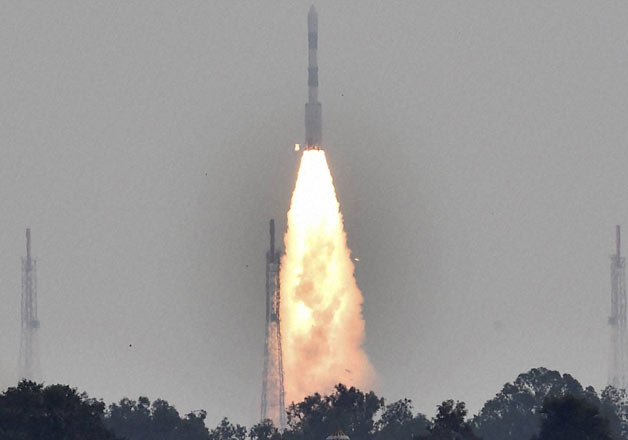New Delhi: Joining an elite group of nations, India today successfully launched its first space research observatory with the successful injection of ASTROSAT into the orbit.
ASTROSAT Project Director K S Sarma said it was "healthy and doing well". It has a mission life of five years.
Here are 10 things to know about the new space observatory:
1. ASTROSAT will help in a detailed understanding of the universe. It was put into the orbit along with six foreign satellites including the first from the US.

2. ASTROSAT will observe the universe in optical, ultraviolet low and high energy X-ray regions of the electromagnetic spectrum, while most other scientific satellites are capable of observing a narrow range of wavelength band.
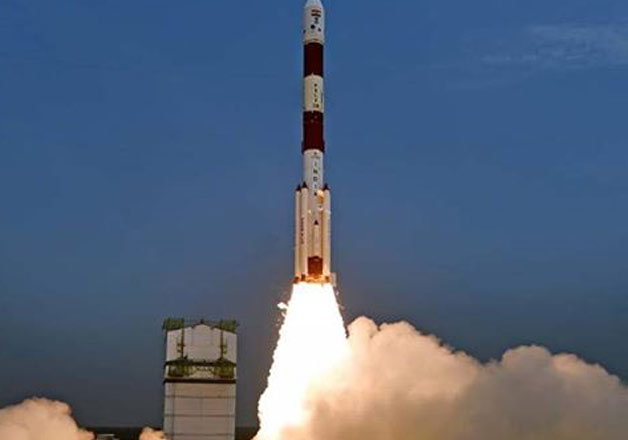
3. ASTROSAT has a telescope that uses x-ray. It has been dubbed as a mini-Hubble telescope launched by US' NASA in 1990 and a one-stop shop for studying astronomical sources.
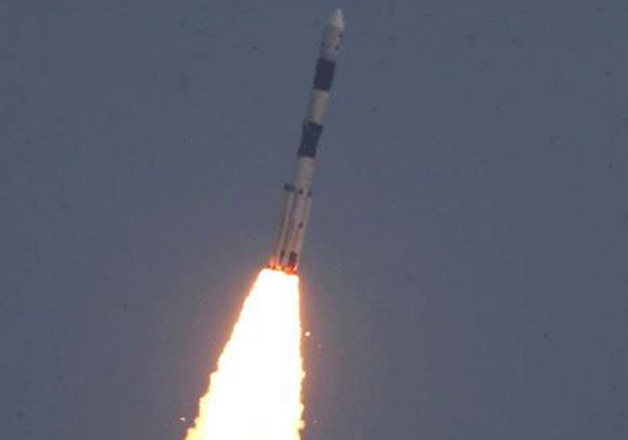
4. ASTROSAT has reportedly cost Rs 178.5 crore (USD 27 million) to build with the help of sophisticated and sensitive astronomical equipment, said ISRO Chairman.
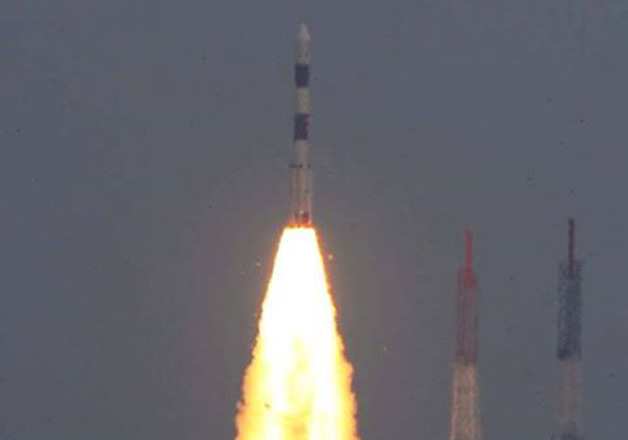
5. With a lift-off mass of about 1,513 kg, ASTROSAT was first injected into a 650 km orbit by PSLV-C30, followed by the other six satellites in the space of about three minutes.
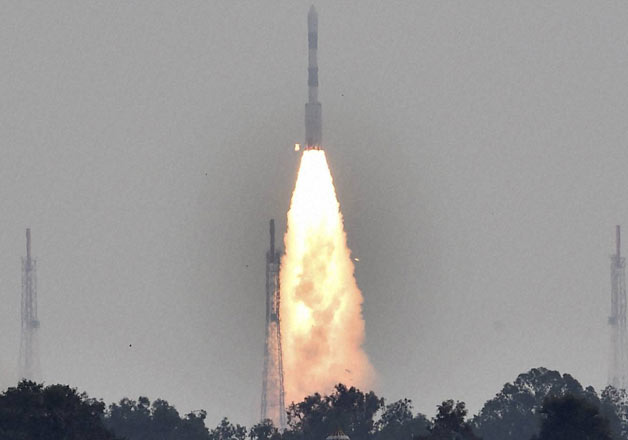
6. ISRO's trusted workhorse Polar Satellite Launch Vehicle (PSLV), in its 31st flight, injected ASTROSAT and the six co-passengers into orbit about 25 minutes after a perfect lift-off from the Satish Dhawan Space Centre here.
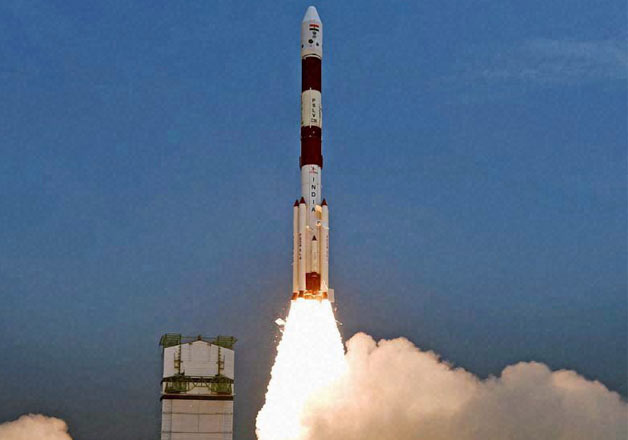
7. India became the fifth country to launch its own space observatory. The list also includes US, Japan, Russia and Europe.
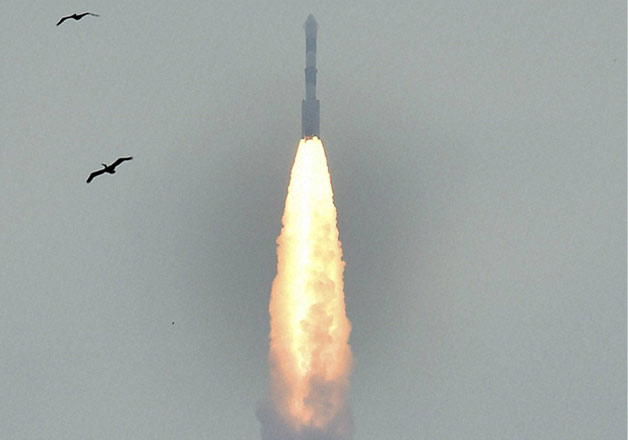
8. Prime Minister Narendra Modi, who is now on a visit to the US, said in a tweet "Well done @isro. This is one more grand accomplishment for Indian science & our scientists."
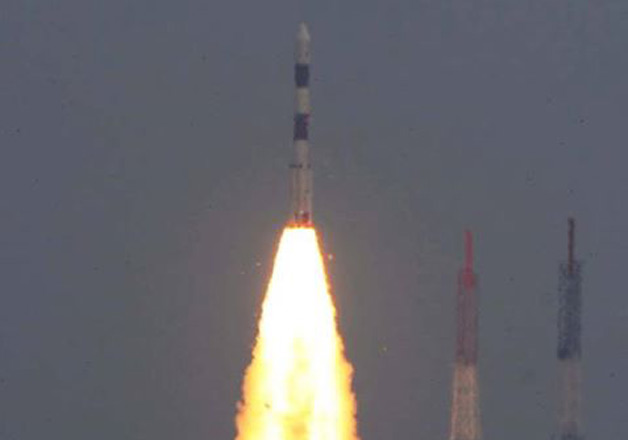
9. PSLV had put in an astronomy mission which is being looked at not only within the country but also globally to bring in new information to scientific community, said ISRO Chairman A S Kiran Kumar.
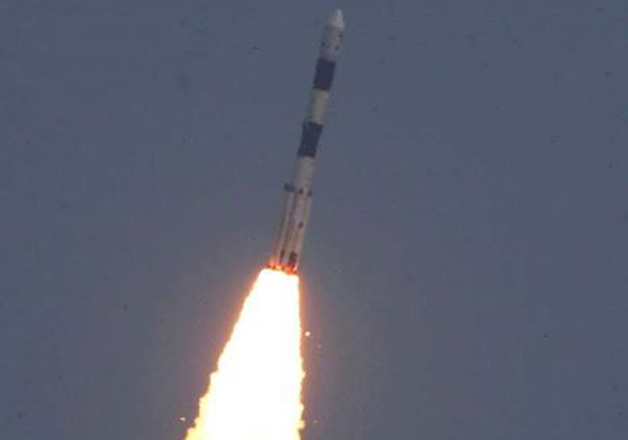
10. It was for the first time that India launched US satellites--four in all--belonging to a San Francisco-based company, under an agreement signed with Antrix Corporation. A total of 51 satellites belonging to global customers from 20 countries, including Germany, France, Japan, Canada, U.K, have been launched successfully by ISRO so far.
